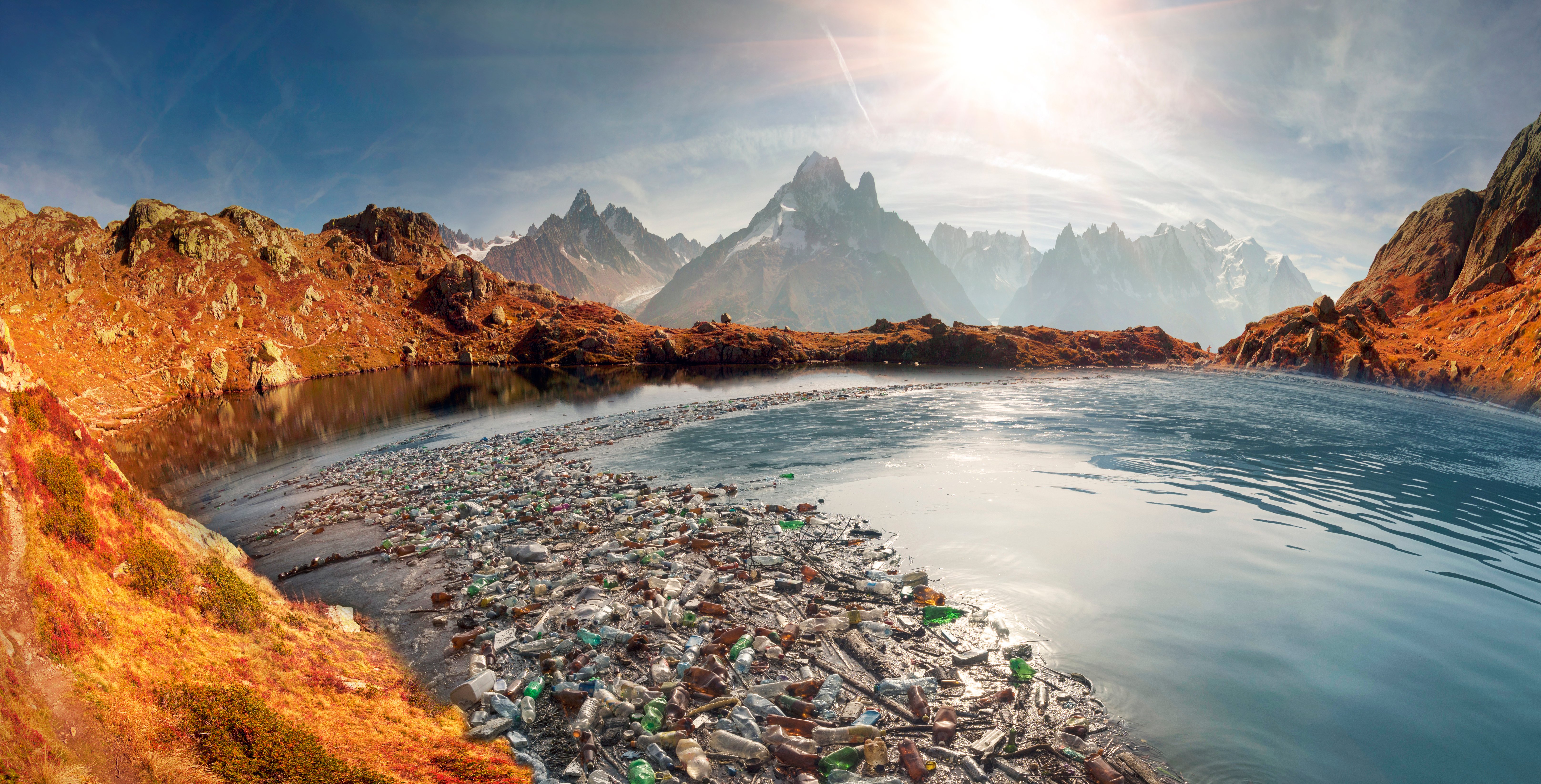Humanity’s eternal footprint on nature threatens to overwhelm our ability to clean up after ourselves but a global plastic pact, if ambitious enough, could turn the tide on our plastic crisis.
By Fawziah Selamat
This week, more than 180 nations are meeting at the UN Environment Assembly in Nairobi to decide if the world needs a treaty to address plastic pollution.
That decision may seem like a foregone conclusion as much of the planet is already swimming in discarded plastic, harming animal and possibly human health. A recent WWF review of more than 2,000 studies on plastic pollution warns that plastic has infiltrated every part of the ocean and is detectable in the smallest plankton up to the largest whale.
Yet, there are no signs that our appetite for the fossil-fuel derivative will abate. Plastic production is expected to more than double by 2040. This projection has alarming consequences – it will cause plastic debris in the ocean to quadruple by 2050 and marine areas more than two and a half times the size of Greenland could exceed ecologically dangerous thresholds of microplastic concentration by the end of the century.
In the worst case scenarios, exceeding ecologically dangerous thresholds of microplastic pollution could lead to adverse effects on species and ecosystems including reduced populations.

The durable nature of plastic also means that the uptake of microplastic and nanoplastic in the marine food chain will only continue to accumulate and reach dangerous levels. Even if all plastic pollution stopped completely today, the volume of microplastics will still double by 2050 as the plastic we have already dumped on Mother Nature will not disappear. Instead, plastic degrades to become tiny particles known as “nanoplastic” that cannot be retrieved as it is invisible to the naked eye.
Pressure has been mounting on the international community to come up with a global plastic treaty. More than 2.2 million people around the world have signed a WWF petition calling for one and an average of nearly nine in 10 people surveyed across 28 countries think it is important to have a global plastic treaty to combat plastic pollution. Even leading businesses and financial institutions, many of which depend on plastic as a crucial ingredient or instrument for delivering or prolonging the lifespan of their products, have called for such a pact.
The good news is that almost 95% of UN member states have publicly expressed support for a global plastics treaty. But the battle is far from over. We need our governments to push through not just any treaty, but one that is ambitious and legally binding if we are to eliminate plastic pollution from our environments by 2030.
We know how to stem the plastic tide – the solution is to prevent plastic waste from entering our rivers and oceans in the first place.
This can be done by recognising that there are many forms of unnecessary and problematic plastic, many of which are single-use, and which are clearly causing more harm than good. For the plastics that are necessary, nations must then put in place rules and regulations to enable more effective recycling and reuse while also improving waste management systems to prevent plastic from entering the natural environment.
Currently, the price of virgin plastic is set so low that it does not come close to reflecting the full costs of plastic pollution across its lifecycle, which is estimated to rise to US7.1 trillion annually by 2040. This means there just isn’t much incentive to scale up the use of recycled content, transitioning to reuse and refill models, and setting up businesses that collect and process plastic. The world therefore needs policy solutions that can drive reductions in the production and use of virgin plastic globally to address this economic imbalance.
There is no excuse for delaying an ambitious and binding global treaty on plastic pollution as the cost of inaction comes at such a large expense, we would be paying for this mistake for many generations to come. So it’s time to seize the momentum that we are seeing across business, governments and civil society to deliver such a treaty now.

